Testing electric cooker adoption in socio-economic and cultural context of Nepal
This study implemented a community-scale pilot project in Nepal to monitor and understand an efficient electric pressure cooker (EPC) use pattern for accelerating the uptake of electric cooking (e-cooking). Integrated Research and Action for Development (IRADe), New Delhi, and Women Awareness Center Nepal (WACN) team carried out this pilot study to examine the socio-economic and cultural acceptability of EPC in the Nepal context. This study was supported by UK Aid and Loughborough University under Modern Energy Cooking Services (MECS) programme.
Improving access to modern clean-cooking solutions is an immensely important objective for achieving a range of development objectives, including women and children’s wellbeing, improved health, and meeting climate-mitigation goals. Cooking with traditional firewood stoves (TFS) involves women and children drudgery and health hazards at all the levels of biomass chain management, which involves collecting, carrying, processing and cooking. While working in biomass chain management, women and children often forego income generation and learning opportunities. The burning of firewood for cooking releases indoor air pollution (IAP), hazardous to health for the cook and family members. Cooking with firewood leads to environmental degradation while putting pressure on local forest resources. In the absence of fossil fuel reserves, Nepal imports petroleum products, including LPG, to fulfil fossil fuel demand in the country. Therefore, cooking with LPG in Nepal puts pressure on the trade deficit, and LPG supply disruptions have social impacts too. Nepal has a difficult terrain, and transporting cylinders to hilly areas involves monetary costs and vehicular emissions. However, Nepal possesses a huge potential for hydroelectricity generation, making it an ideal country for promoting e-cooking. Policymakers have shown a growing political commitment and interest to replace traditional cooking fuels with e-cooking. A white paper entitled “Present Situation and Future Roadmap of Energy, Water Resources and Irrigation Sector” released by the Ministry of Energy, Water Resources and Irrigation (MoEWRI), Government of Nepal, in May 2018 became the first policy paper that explicitly guided the promotion of e-cooking in every household of Nepal. As a result, e-cooking received prominence in the subsequently formulated 15th Five-Year Plan (FY 2019/20 to FY 2023/24) and AEPC’s activity plan (Government of Nepal, Ministry of Forests and Environment, 2021). The Nepal Council for Standards endorsed Electric Cooktop Standards 2018, which sets technical standards for household induction hobs and hotplates.



